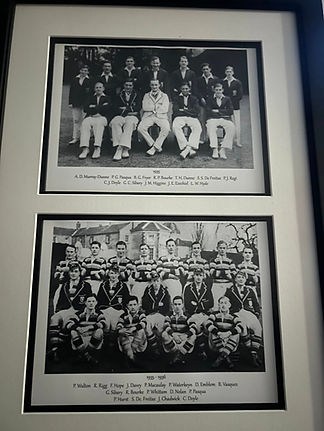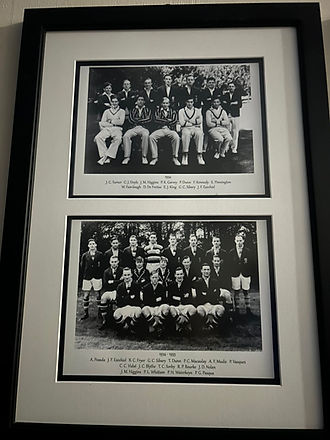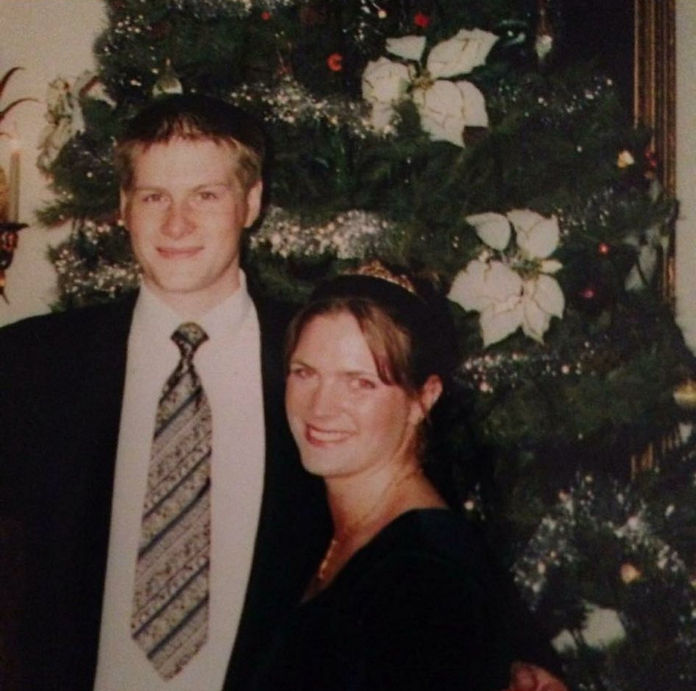

On the 31st July 2025, after 183 years of being a school, with Jesuit and Catholic associations, Mount St. mary's College, Spinkhill came to a sudden close. The school, even though it still blossomed in their sporting attributes, were unable to maintain their financial management, as well as the increasing taxes plyting them by the UKs Labour Government, the school were put into administration and the educational part of the school came to a conclusion. It is sad and dissappointing that yet another private school has come to an end, due to the ingnorance of a government that doesn't care about its people, jsut about getting money off them. It is with hope, that the future of the school will find some form of boasting and reclaim its position as a school in the Debryshire county minds.
2025 年 7 月 31 日,在建校 183 年后,斯宾克希尔圣玛丽山学院突然关闭,该学院与耶稣会和天主教会都有联系。尽管学校的体育属性依然很高,但却无力维持财务管理,而且英国工党政府不断增加的税收也导致学校被接管,学校的教育部分也宣告结束。令人悲伤和失望的是,又一所私立学校因为政府的无知而关闭,政府不关心人民,只想从人民身上赚钱。希望学校的未来能够找到某种形式的炫耀,重新夺回其在德布里郡人心中的学校地位。











Fr. John Grummitt
2 March 1930 – 19 October 2009
A popular jesuit priest and headmaster, with a famous reputation within the school, who undertook his family finances and aided the maintaince of the Mount, giving students opportunities many school never offered.
Mount St. Mary's College, Spinkhill, England
Visual Collection
英国斯宾克希尔圣玛丽山学院
视觉收藏





Through my personal experiences and learning at the Mount, my life has given me the chance, to explore new places, with growth and strength, being independent and able to cater for my own needs, throughout my traveling and worldly experiences. Francis Lillywhite OM92
通过我的亲身经历和在山上的学习,我的生活使我有机会探索,发展和壮大新的地方,独立并能够在我的旅途和世俗的经历中满足自己的需求。弗朗西斯·莉莉·怀特OM92
In the autumn of 2018, a representative from Mount St. Mary's College, paid the first visit to Anna's,with the intention of interviewing students. Seven candidates applied, with six being considered for the procurement of a place at the Mount. In January of 2019, one of these candidates accepted and arrived to commence their placement, hence began, a new partnership between A.S.E.S. and M.S.M.
2018年秋天,圣玛丽山学院的一位代表首次访问了安娜(Anna's),目的是采访学生。申请了七名候选人,其中六名被考虑在山上购买一个地方。 2019年1月,这些候选人中的一位接受并到达开始就职,因此开始了A.S.E.S.和M.S.M.



Mount St. Mary's College, is part of a momentous story that dates back to the 16th century when the Society of Jesus, a religious order of priests founded by St Ignatius of Loyola, and better known as Jesuits, came into being.
圣玛丽山学院(Mount St.Mary's College)是一个重要故事的一部分,该故事可以追溯到16世纪,当时的耶稣会是由洛约拉的圣依纳爵(St Ignatius)建立的牧师的宗教组织,后来被称为耶稣会士。
Ignatius and his small group of like-minded companions received papal approval in 1540. These Jesuits opened their first school in 1548, in Messina, Italy. Today, not only is the Society of Jesus the largest order in the Catholic Church but the name Jesuit is virtually synonymous with education.
伊格纳修斯(Ignatius)和他的一群志同道合的同伴于1540年获得教皇的批准。这些耶稣会士于1548年在意大利墨西拿开设了第一所学校。如今,耶稣会不仅是天主教会中最高的组织,而且耶稣会这个名字实际上是教育的代名词。



The rural grounds are both stunning and sprawling, set in the peak midlands of England. The union of traditional buildings, with charm and character aplenty, with modern facilities and well equipped classrooms works well.
乡村地带既壮观又广阔,坐落在英格兰的中部高峰。传统建筑的结合,具有魅力和个性,拥有现代化的设施和设备齐全的教室。




Through the pursuit of excellence in all the Mount does and by caring for the whole person we produce grateful and generous, learned and wise young men and women of conscience, compassion and competence.
通过在芒特公司的所有工作中追求卓越,并通过关爱整个人,我们培养出充满良心,宽容,博学和睿智的年轻人,他们具有良知,同情心和能力。
The Mount is a Jesuit school, founded in 1842 for "improvement in living and learning for the greater glory of God and the common good". St Ignatius Loyola, a founding father of the Society of Jesus
芒特是一所耶稣会学校,始建于1842年,旨在``改善生活和学习,以创造更大的上帝荣耀和共同利益''。圣伊格纳修斯·洛约拉(St Ignatius Loyola),耶稣会的创始人
Jesuit schools are Catholic communities characterised by their Christian mission and Ignatian identity. The following vision of Jesuit schools comes from one of the key documents on Jesuit education:
耶稣会学校是天主教徒社区,以其基督教使命和伊格纳教徒身份为特征。耶稣会学校的以下愿景来自耶稣会教育的主要文件之一:
Jesuit schools should be places where people are believed in, honoured and cared for;
where natural talents and creative abilities are recognised and celebrated; where individual contributions and accomplishments are appreciated: where everyone is treated fairly and justly; where sacrifice on behalf of the economically poor, the socially deprived and the educationally disadvantaged is commonplace;
where each of us finds the challenge, encouragement and support we need to reach
our fullest individual potential for excellence; where we help one another and work together with enthusiasm and generosity, attempting to model concretely in word and action the ideals we uphold.
耶稣会学校应该是人们被相信,尊敬和关心的地方; 认可和赞扬自然才能和创造力的地方;赞赏个人贡献和成就的地方:公正,公正地对待每个人;代表经济贫困者做出牺牲的地方,社会上被剥夺者和教育上处于不利地位的人司空见惯; 我们每个人都能找到我们需要面对的挑战,鼓励和支持的地方 我们最大的个人追求卓越的潜力;我们互相帮助,并以热情和慷慨的态度共同努力,力图用言语和行动来具体树立我们所坚持的理想。
The Mount is an inclusive school and families of all faiths and backgrounds are welcome here. Our mission is to know our pupils, understand them, challenge and support them so that they grow to be fulfilled, purposeful and happy members of society who care in the proper sense for others and themselves.
芒特是一所包容性的学校,欢迎所有信仰和背景的家庭在这里来。我们的任务是认识我们的学生,了解他们,挑战和支持他们,使他们成长为充实,有目标和幸福的社会成员,以适当的方式关心他人和自己。





Sporting Successes体育上的成功
On Wednesday 18th March 2022, Mount St. Mary's College, Spinkhill, took another historical sporting step, winning the National Vase Trophy U18s. Under tough conditions and an admirable opponents Sutton Valence School 3-0.
2022 年 3 月 18 日星期三,斯宾克希尔圣玛丽山学院迈出了历史性的一步,赢得了国家花瓶奖杯 U18。在艰苦的条件和令人钦佩的对手萨顿瓦伦斯学校 3-0 的比赛中。
28 years previously, The Mount beat Newcastle G.S. 17-12, to win the Daily Mail Cup.
28 年前,Mount 队以 17 比 12 击败纽卡斯尔联队,夺得每日邮报杯。
Every success, is a success for school, pupils and staff alike. The 2022 side, were also unbeaten, winning all 16 of their games, beating by that, the unbeaten side of 1990. Congratulations to all of them.
每一次成功对学校、学生和教职员工来说都是一次成功。2022 年的球队也保持不败,赢得了全部 16 场比赛,击败了 1990 年的不败球队。祝贺他们所有人。
It was under Gedd Glynn that the school achieved their most marked success with two appearances in the Daily Mail Cup Final including a victory over RGS Newcastle in 1994 and two appearances in the Rosslyn Park Sevens Open final. Mount won the Open title in 1988 beating Millfield 12-6 in the final and went close again two years later when they pushed a Neath College side packed with Welsh school internationals very close before losing 12-8.
在盖德·格林的带领下,学校取得了最显著的成功,两次进入每日邮报杯决赛,包括 1994 年战胜 RGS 纽卡斯尔,并两次进入罗斯林公园七人制橄榄球公开赛决赛。1988 年,芒特队在决赛中以 12-6 击败米尔菲尔德队,夺得公开赛冠军。两年后,他们再次接近冠军,当时他们与尼思学院队实力相当,而尼思学院队中挤满了威尔士学校的国际球员,最终以 12-8 落败。
During the Glyn era, Mount also grew a flood of international players, for a variety of nations, these included the following M Dawson England U18 and England Students; P McCarthy England U18; N Ryan England U16, U18 and U21; M McCarthy Wales U17, U21, Wales A; C Harrison England U21; C Thomas Wales U18; S Burns England U18; K Brennan England U21 and England 7s; T Hayman England Students; J Hampsey England U16; A Rutherford England Students; J Moran Scottish Universities; M Lewis Wales U17; M Hills England U18; D Storey England U18; T Goiti Spain U18; C Massarella Italy U20; T Ho Hong Kong U18 and U20; L Wai Hong Kong U18 and U20; M Froschner, J Schmit and P Elhers (all Germany U18 and U20)
在格林时代,Mount 还为多个国家培养了大批国际球员,其中包括 M Dawson 英格兰 U18 和英格兰学生队;P McCarthy 英格兰 U18;N Ryan 英格兰 U16、U18 和 U21;M McCarthy 威尔士 U17、U21、威尔士 A;C Harrison 英格兰 U21;C Thomas 威尔士 U18;S Burns 英格兰 U18;K Brennan 英格兰 U21 和英格兰 7s;T Hayman 英格兰学生队;J Hampsey 英格兰 U16;A Rutherford 英格兰学生队;J Moran 苏格兰大学;M Lewis 威尔士 U17;M Hills 英格兰 U18;D Storey 英格兰 U18;T Goiti 西班牙 U18;C Massarella 意大利 U20;T Ho 香港 U18 和 U20;L Wai 香港 U18 和 U20;M Froschner、J Schmit 和 P Elhers(均来自德国 U18 和 U20)

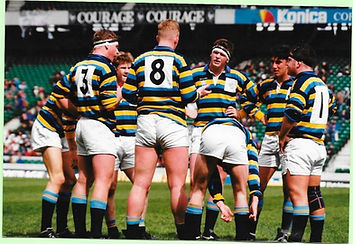

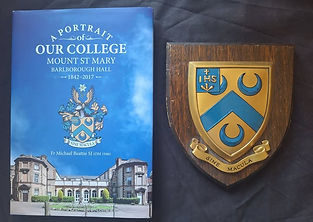








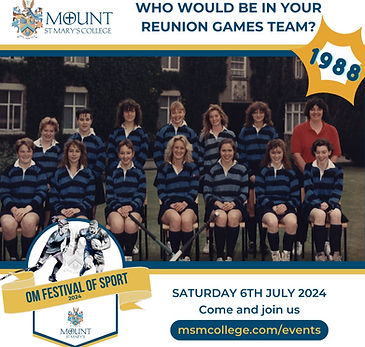



.jpg)


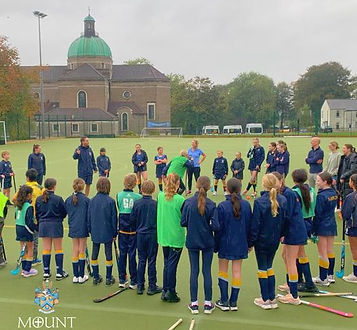




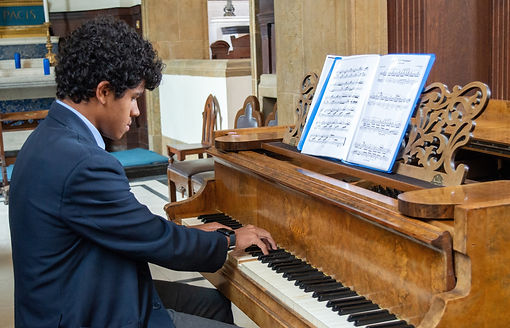







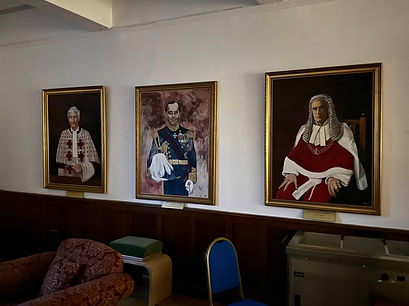



.jpg)

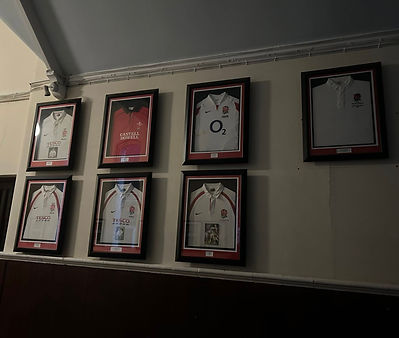












.jpg)











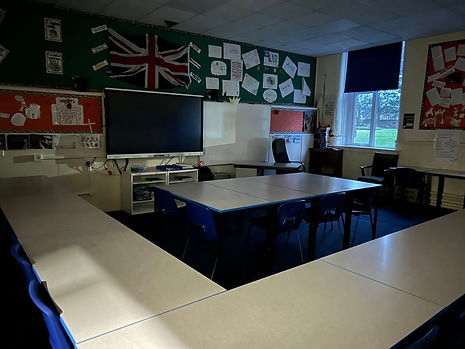





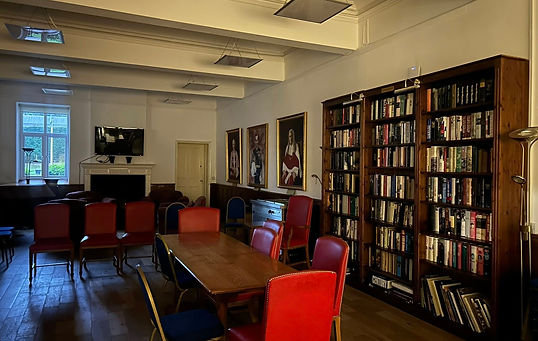.jpg)








